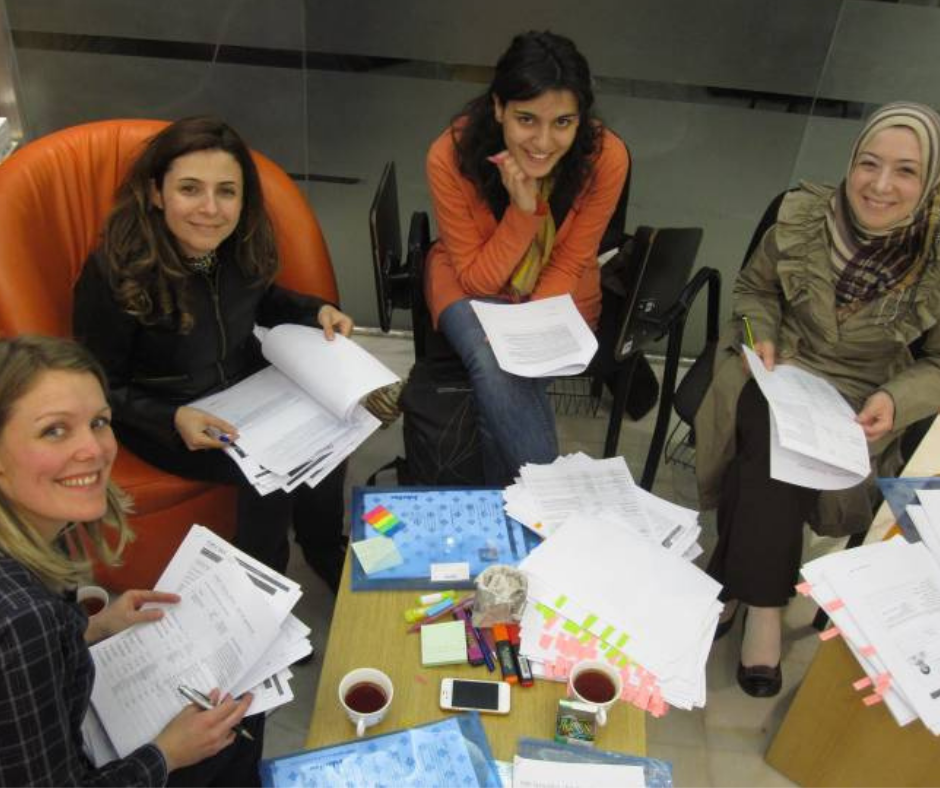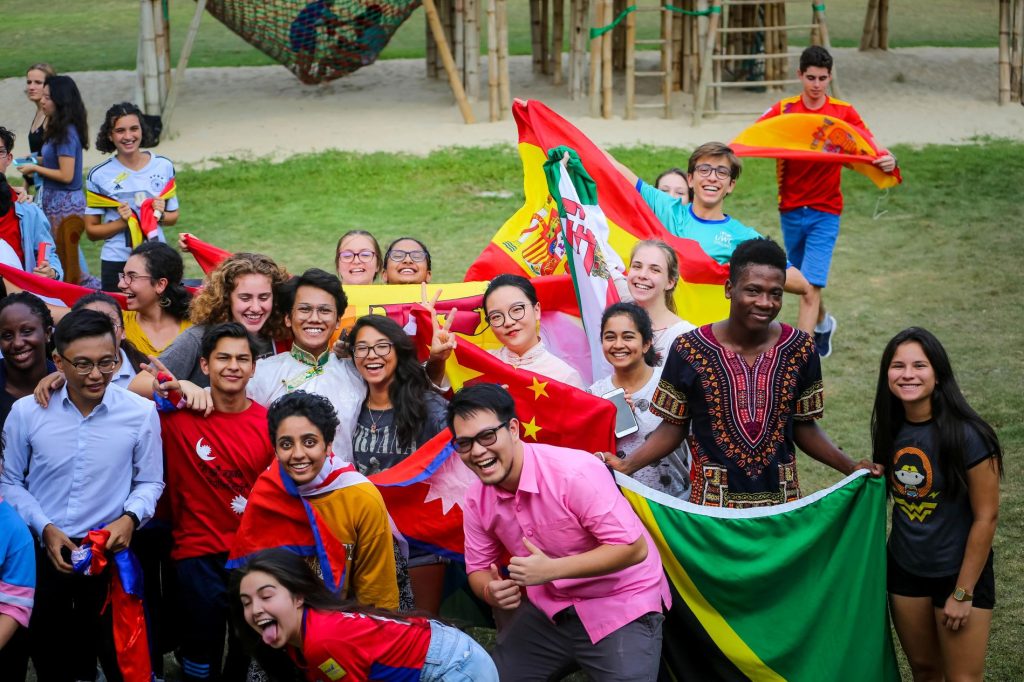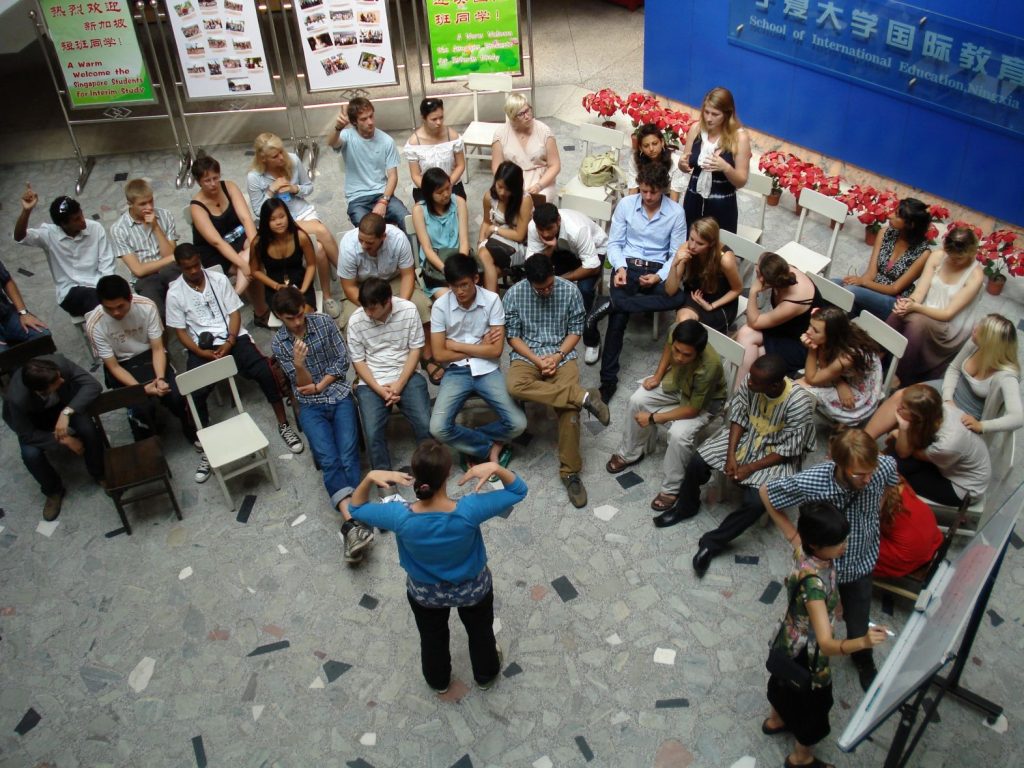
In 2015, Research Schools International at the Harvard Graduate School of Education conducted a preliminary study on UWC’s impact involving UWC South East Asia, UWC Red Cross Nordic, Waterford Kamhlaba UWC of Southern Africa, and UWC-USA.
Preliminary study (2015-2017)
In 2015, Research Schools International at the Harvard Graduate School of Education conducted a preliminary study on UWC’s impact involving UWC South East Asia, UWC Red Cross Nordic, Waterford Kamhlaba UWC of Southern Africa, and UWC-USA. Its main purpose was to create a context and background for more long-term, in-depth research, and to determine exactly which aspects of ‘impact’ such research should focus on.
Under the assumption that UWC develops particular characteristics in its student and alumni, leading them to have a positive impact on society, the central research question of the exploratory study was: “What characteristics related to ethical standards does UWC develop in its students and how does this manifest in their daily lives, as current students or later as alumni?”
The study was conducted over a year and a half and its findings suggested that a UWC education does have an impact on its students’ sense of ethics, meaning that their values reflect UWC’s values. It was on the basis of these preliminary findings that the longitudinal study was launched in 2017 to find out which aspects of a UWC education impact its students and alumni on their way to becoming agents of change.


Longtitudinal study (2017-2022)
On the basis of the preliminary findings a longitudinal study began in 2017 and culminated in the publication of the report Educational Experiences and Outcomes at the United World Colleges (UWC): An Investigation of Impact in 2022. It was conducted by researchers of The Good Project of Project Zero at the Harvard School of Education.
For 50 years, Project Zero, a major research institute at Harvard University, has done research into the arts, the nature of intelligence, understanding, thinking, creativity, cross-disciplinary and cross-cultural thinking, and ethics. Through their research projects, they work towards a more enlightened educational process and system that prepares learners well for the world that they will live, work and develop in. The Good Project, one of the endeavours at Project Zero, promotes excellence, engagement, and ethics in education, preparing students to become good workers and good citizens who contribute to the overall well-being of society. Through research-based concepts, frameworks and resources, researchers seek to help students reflect upon the ethical dilemmas that arise in everyday life and give them the tools to make thoughtful decisions.
The Harvard’s UWC Impact Study consisted of two strands:
- The first was a longitudinal study involving two cohorts of UWC students (beginning in 2018 and 2019 [2019 and 2020 for Waterford Kamhlaba UWC of Southern Africa]), who were surveyed, interviewed and observed at different points between their first year of the International Baccalaureate Diploma Programme through to their UWC graduation. It sought to explore how students develop or change particular conceptions and behaviours over the course of their two years at a UWC school or college. It also aimed to identify experiences that were particularly influential to the students. Alongside this strand, the researchers additionally studied students at 13 non-UWC schools to compare between the two experiences and identify what is unique or specific about a UWC education. This timeline meant that the second student cohort of the first strand of the study was particularly impacted by the outbreak of COVID-19 and the subsequent temporary closure of almost all UWC school and college campuses. These unexpected hurdles had to be taken into account by the Project Zero team.
- The second strand focused on alumni who studied at UWC for at least their last two years of secondary school. There were 6,894 UWC alumni participating in an online survey and 250 were involved in follow-up interviews with the Project Zero team. This was to help the researchers understand how a UWC education impacts UWC graduates’ lives, and whether it affects the impact UWC alums have on society or their communities.
The study was commissioned by UWC International with the majority of funding support coming from anonymous UWC donors, and it was conducted entirely independently by Project Zero at the Harvard Graduate School of Education.
The study was financed by anonymous UWC donors and conducted entirely independently by Project Zero at the Harvard Graduate School of Education.
